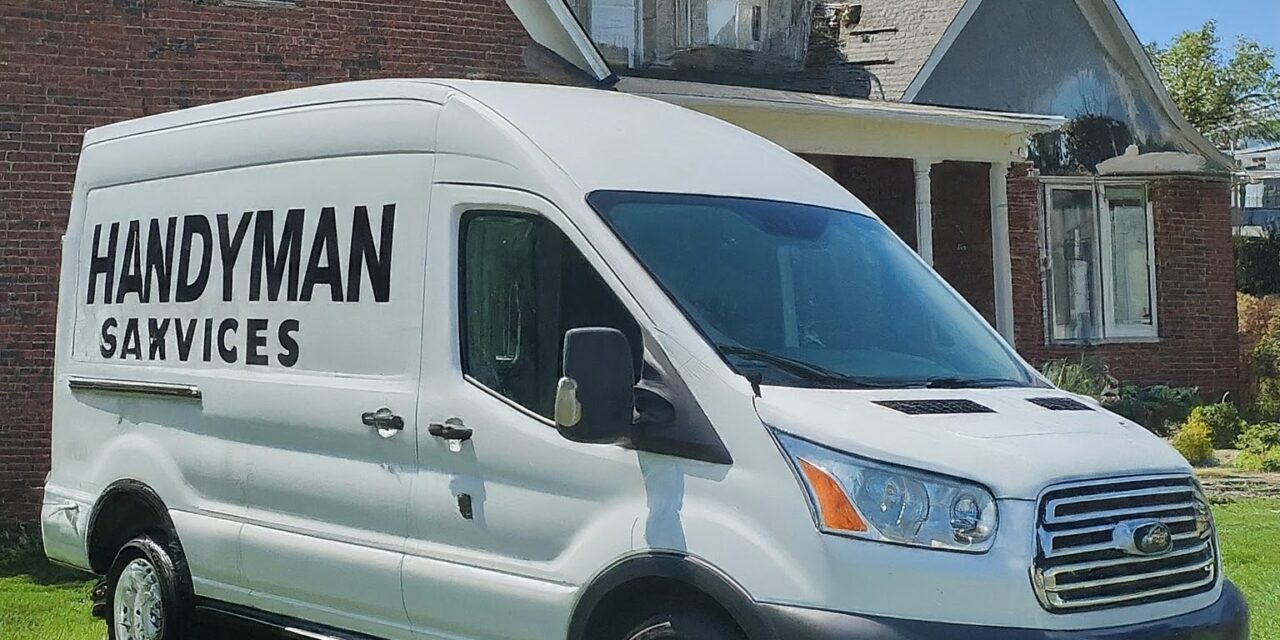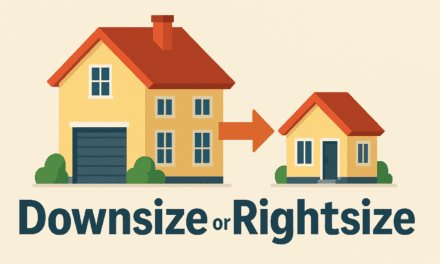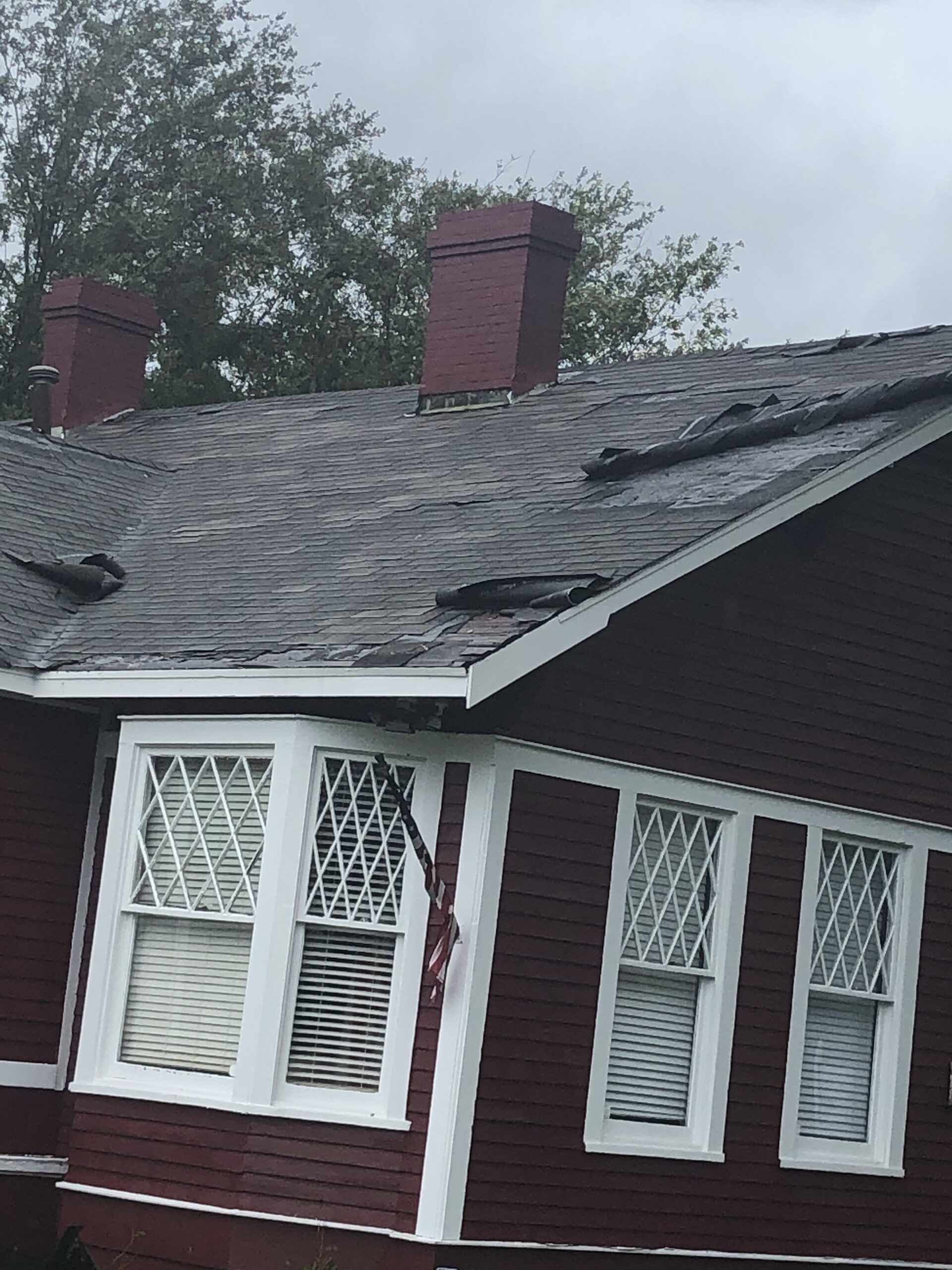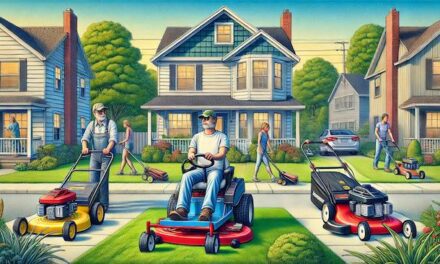Last updated on November 1st, 2024 at 11:42 pm
Seniors and retired persons need the services of a handyman. If you do not know a handyman, ask around. Word of mouth is the best way to find a competent, reliable, and reasonably priced person who can work on your projects. People who own homes know that everything needs maintenance. Senior homeowners in particular including retired people should have a handyman on speed dial.
The moment you buy your new home you should ask your real estate agent for reliable handyman services. Almost everyone who buys a house wants to customize something. This could be anything from installing grab bars in the bathroom to ceiling fans in the bedrooms and bathroom. The great thing about working with a handyman is that they understand almost everything in your home. A handyman can even make suggestions for seniors about safety modifications others have done.
Reasons to Hire a Handyman for Routine Maintenance
1. Convenience and Efficiency:
- One-stop shop: A handyman can often handle a variety of tasks, saving you time and the hassle of coordinating multiple specialists.
- Quick turnaround: For smaller, routine jobs, a handyman may be able to complete the work more quickly than a specialized contractor.
2. Cost-Effectiveness:
- Lower hourly rates: Handymen typically charge lower hourly rates than specialized contractors.
- No markups: Handymen often purchase materials directly, avoiding potential markups that specialized contractors might add.
3. Versatility:
- Multiple skills: A good handyman has a range of skills and can tackle various tasks, from minor repairs to small installations.
- Adaptability: They can often adapt to unexpected issues that may arise during a project.
4. Flexibility:
- Smaller jobs: Handymen are well-suited for smaller, less complex jobs that don’t require specialized expertise.
- Customizable services: You can often customize the services to fit your specific needs and budget.
5. Personal Touch:
- One-on-one service: You’ll likely have more direct interaction with a handyman, allowing for personalized attention and communication.
- Trust and familiarity: Over time, you can build a relationship with a trusted handyman who understands your home and preferences.
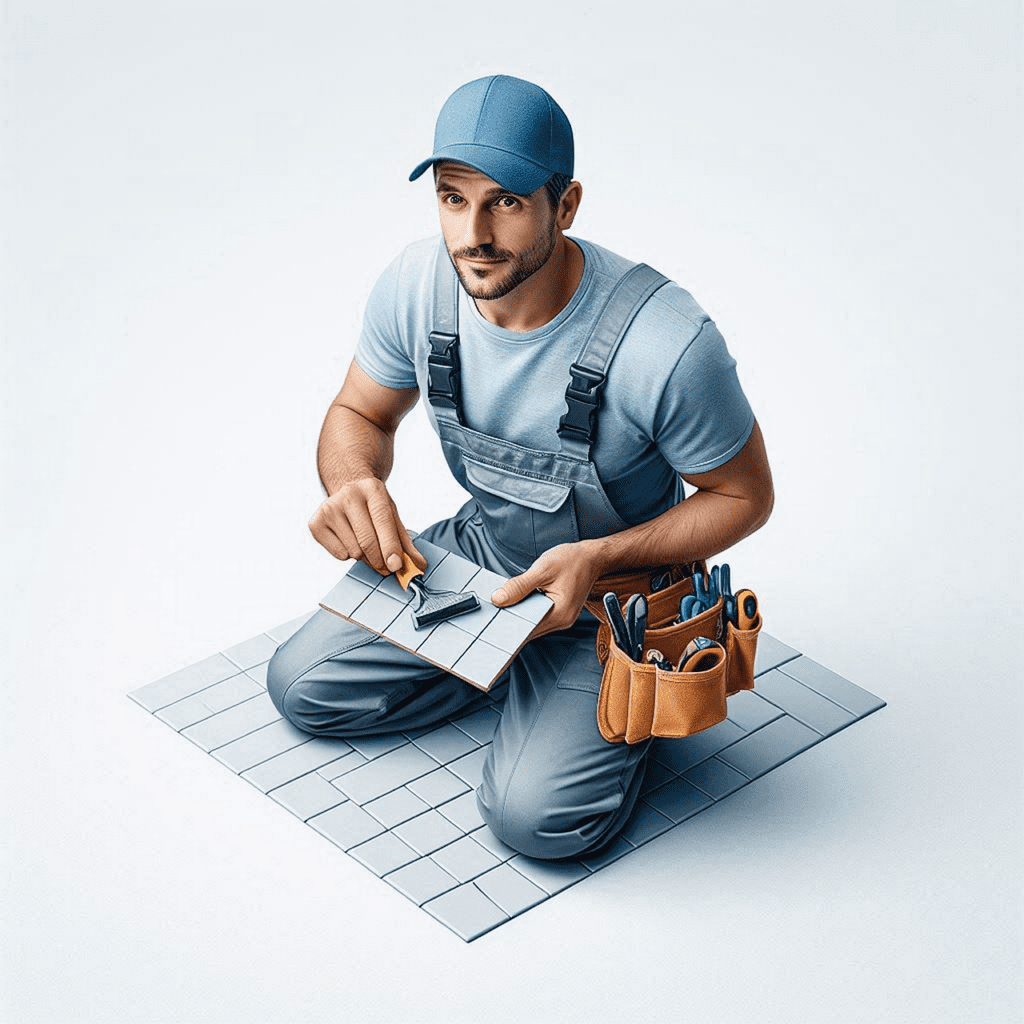
This article is focused on older adults but it applies to everyone. And everyone will have specific needs from building a fence to adding gutters. The list of things that a handyman can do is almost endless. From simple repairs to major maintenance tasks. Seniors need to establish a relationship with on-call handyman services. Keep in mind that not all handymen can do everything if they are not licensed. In some states, a handyman can do work up to a specific dollar amount. In others, a handyman must have a license to do electrical or plumbing work.
Many handymen do not have contractor licenses and that’s ok. When something must be done that requires a license, your handyman can hire that person and get the work done. The point is that you have one go-to person for all improvement projects and maintenance projects regardless of what they are. Some handymen can work on air conditioning systems, some can not. Your handyman will know a good AC person and will in essence supervise the work.
If your handyman refers a licensed contractor they will ensure the person is qualified to do the job. So they make a few dollars on top of the job. Their effort to monitor and check the work should be worth it.
Handymen usually work for less than specialty contractors. This is why using a handyman is the best choice for repair needs. In particular for small tasks where another contractor will charge a sizable fee just to arrive. Good handymen are in high demand. The way to have the best relationship is to pay the handyman when the job is complete or if it goes several days with materials, pay a part upfront. Home maintenance services done by one or two persons can not usually afford to finance your job.
Areas where your handyman may require a license or find someone who does:
Here are some typical areas in a house where a contractor would require a state license:
- Plumbing: Installing or repairing pipes, fixtures (sinks, toilets, faucets), or water heaters.
- Electrical: Wiring, and installing outlets, switches, fixtures, or panels.
- HVAC: Installing, repairing, or maintaining heating and cooling systems.
- Roofing: Replacing, repairing, or installing new roofing materials.
- Structural work: Adding or removing walls, load-bearing beams, or foundations.
This brings the conversation to compensation. Most handymen in my experience are not financial geniuses or they would have gone into another business. You must insist on transparent pricing from the start. Ask for a fair estimate of the job or a fixed price. While many if not most handymen are good at pricing their work, stuff happens.
As mentioned, these are small business people and they can not usually absorb extraordinary costs. If a job is going over budget, be fair with the handyman. Have them explain the situation. Remember, they are doing work for you and the benefits are for you. If necessary, renegotiate the price and pay the additional amount.
One of the great things about a handyman is that they are not usually working on a clock. If they need a part, then off to the local hardware store. You are not charged for that trip, fuel, time, etc. A handyman will often act as an advisor to seniors and recommend you contract directly with a roofer for example that they know. More often they earn nothing for providing consulting services. If you run into a situation where there is a cost overrun, just consider that over the years it all comes out even if not in your favor.
Years ago, I found a good deck builder. I saw work he had done for a major builder. We struck a deal and he built a great deck on my house. When it came time to pay, he had previously offered a discount for cash. I started writing a check and he said actual paper money, no checks, no credit cards. So, I drove to the local bank, obtained the cash, and paid him. It was a big discount and was worth it. Since then, I have used handymen on a frequent basis for vacation rentals and my home. They are paid in cash or by electronic funds transfer.
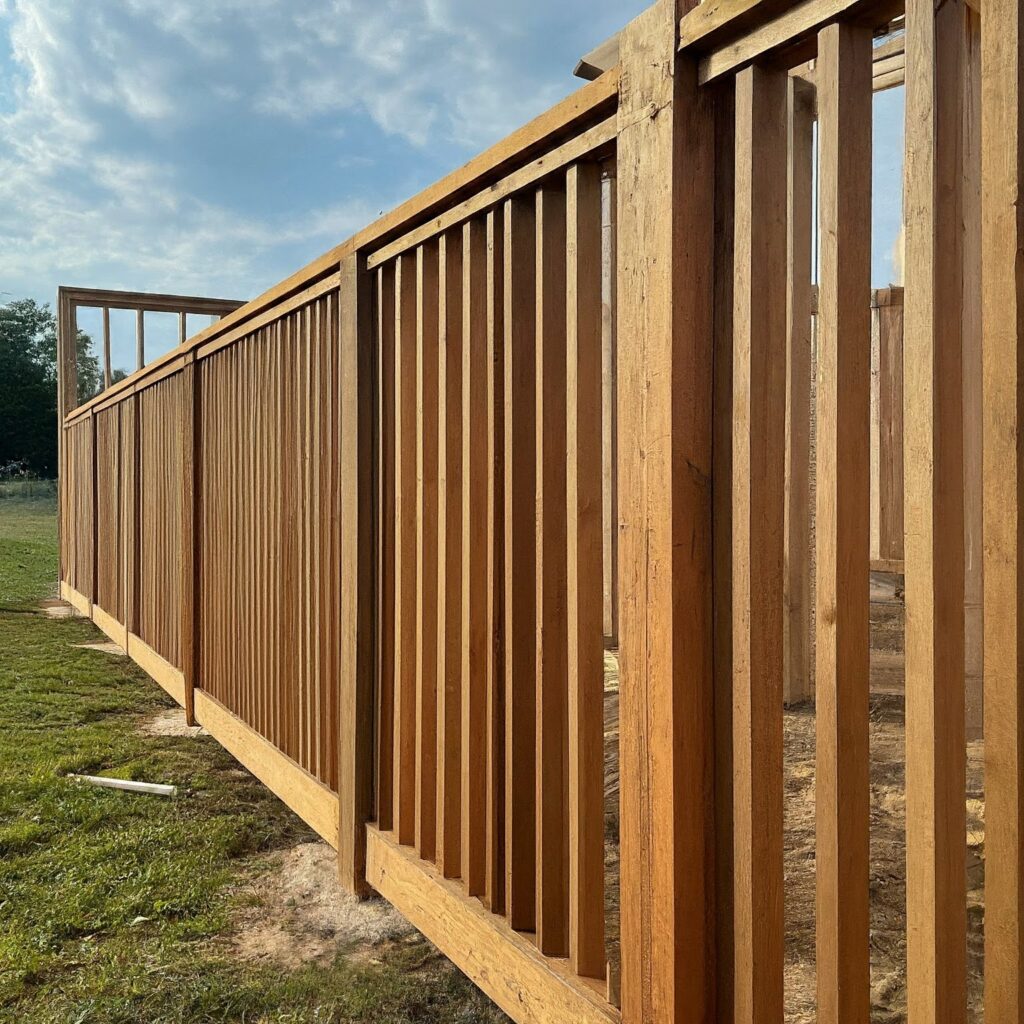
The following is a list of typical things that a handyman will do to help improve the quality of life for you.
30 Things a Handyman Does at a House
- Plumbing: Repairing leaks, installing faucets, unclogging drains.
- Electrical: Replacing light fixtures, outlets, switches, and fuses.
- Carpentry: Building shelves, cabinets, and furniture.
- Painting: Interior and exterior painting, staining, and varnishing.
- Drywall repair: Patching holes, and repairing water damage.
- Tile installation: Laying tile for floors, backsplashes, and showers.
- Furniture assembly: Putting together IKEA furniture and more.
- Window and door repair: Fixing broken locks, hinges, and weatherstripping.
- Gutter cleaning and repair: Clearing debris and fixing leaks.
- Fence repair and installation: Fixing broken boards, and installing new fencing.
- Deck maintenance: Sanding, staining, and repairing decks.
- Light fixture installation: Hanging chandeliers, pendant lights, and sconces.
- Cabinet hardware installation: Replacing knobs, pulls, and hinges.
- Bathroom remodeling: Installing new fixtures, tiles, and vanities.
- Kitchen remodeling: Installing new countertops, cabinets, and appliances.
- Home security system installation: Setting up alarms and surveillance cameras.
- Smart home installation: Installing smart thermostats, locks, and lighting.
- Doorbell installation: Installing video doorbells and traditional doorbells.
- Shelving installation: Hanging shelves in various rooms.
- Trim and baseboard installation: Installing new trim and baseboards.
- Door installation: Installing new interior and exterior doors.
- Wallpaper removal: Stripping old wallpaper.
- Wallpaper installation: Hanging new wallpaper.
- Flooring installation: Installing hardwood, laminate, or vinyl flooring.
- Faucet replacement: Replacing faucets in bathrooms and kitchens.
- Toilet repair and replacement: Fixing leaks, and replacing toilets.
- Showerhead replacement: Replacing showerheads.
- Garbage disposal repair and replacement: Fixing and replacing garbage disposals.
- Smoke detector installation and testing: Installing and testing smoke detectors.
- Minor appliance repair: Repairing small appliances like blenders and toasters.
- Trim trees: Some trees must be trimmed to keep them off of the roof
The list above is by no means complete. A Professional handyman can do almost everything for seniors and as mentioned above, what they can not do, they can find someone to do it for you.
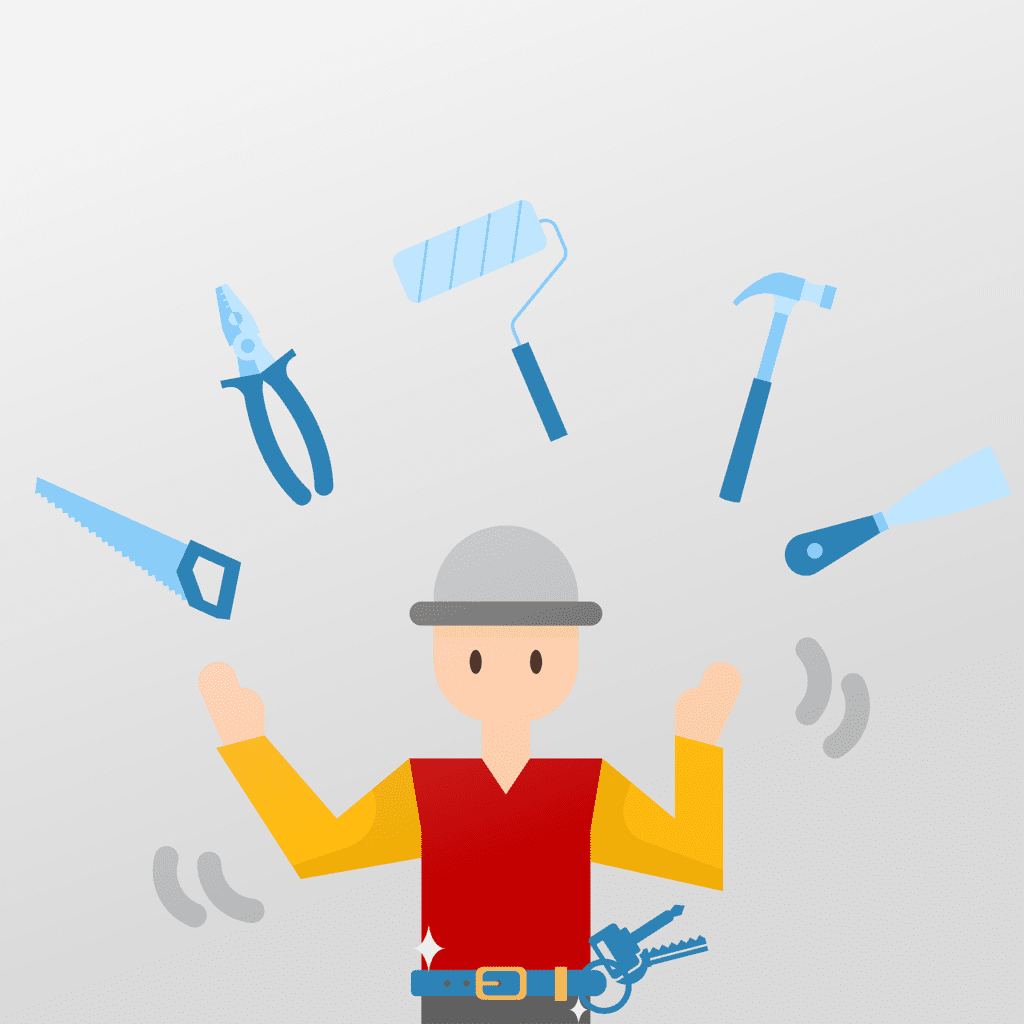
Helping your family members
Adult children should be involved in selecting a handyman for their parents particularly if they do not live in the area. Adult children can contract professional handyman services for their parents. They can arrange to pay the invoices or at least ensure that their parents can. You can gain peace of mind if you are involved. Discuss with the handyman what minor repairs they can do including if necessary replacing light bulbs. Your parents may require some home modification efforts to make it secure.
Your local handyman can do grab bar installation around the house and provide for special needs such as ramps widening doorways to provide easier access. Bathroom renovations are one important area that you can talk to the local handyman about. Reduce the potential for slipping. Install a walk-in shower and much more. The most important thing is that your parents can call the local home repair service or you can and the problem will be fixed.
The following is a list of some things a handyman can do to help your senior parents:
- Install handrails: This can help prevent falls, especially on stairs and in the bathroom.
- Remove tripping hazards: Clear clutter from walkways and stairs to prevent slips and falls.
- Install non-slip mats: Place these in areas where seniors are likely to walk, such as the bathroom and kitchen.
- Improve lighting: Ensure that all areas of the home are well-lit, especially at night, to reduce the risk of falls.
- Install a medical alert system: This can allow seniors to quickly summon help in case of an emergency.
- Secure doors and windows: Make sure all doors and windows are securely locked to deter intruders.
- Install a security system: A home security system can deter criminals and alert the authorities in case of a break-in.
- Replace outdated locks: Old locks may be easier to pick, so replace them with more secure options.
- Install a carbon monoxide detector: This can help prevent carbon monoxide poisoning, which can be fatal.
- Inspect electrical wiring: Ensure that the electrical wiring is safe and up-to-date to prevent fires.
- Check for water leaks: Water leaks can lead to mold and other health hazards, so check for leaks regularly and address them promptly.
- Install a fire extinguisher: A fire extinguisher can help put out small fires before they get out of control.
- Remove potential fire hazards: Keep flammable materials away from heat sources and ensure that electrical cords are not frayed or damaged.
- Install a smoke detector: A smoke detector can alert seniors to a fire and give them time to escape.
- Regularly inspect the home: A handyman can conduct regular inspections of the home to identify and address potential safety hazards.
If you are planning on retiring in place or moving to a house where you are responsible for maintenance, find that person who has the highest standard of workmanship. As mentioned above, word of mouth is best. Call the handyman at your home and ask him to look around. This will start the relationship. You can discuss things you want done and things that your handyman recommends. Create a list and ask for not only an estimate but what should come first. Handymen usually work on a priority basis and do what they believe is most efficient. If they are adding a cabinet, for example, it may be time to do some work on the floor.
Seniors need a handyman more frequently when they own their own house. Entropy is active all around. The minute seniors buy their house, they should make contact with a handyman. Why? Unless you continue to maintain everything it will decay. The last thing you want is to call someone at 10:00 pm about a leak under the sink that could have been prevented.
Items that must be replaced over time
The following chart indicates the approximate life of many items in and on a house, your handyman can help extend the life of these items by maintaining them.
Home Maintenance Timeline
| Item | Estimated Replacement Frequency | Notes |
|---|---|---|
| Exterior | ||
| Roof | 15-25 years | Depends on materials, weather, and maintenance. |
| Siding | 15-25 years | Depends on materials and weather. |
| Windows | 15-25 years | Depends on materials and weather. |
| Doors | 20-30 years | Depends on materials and usage. |
| Deck | 10-20 years | Depends on materials, weather, and maintenance. |
| Fence | 10-20 years | Depends on materials, weather, and maintenance. |
| Interior | ||
| Flooring | 10-20 years | Depends on materials, wear, and tear. |
| Cabinets | 20-30 years | Depends on quality and usage. |
| Countertops | 15-25 years | Depends on materials and wear. |
| Appliances | ||
| Refrigerator | 10-15 years | Depends on usage and maintenance. |
| Oven | 10-15 years | Depends on usage and maintenance. |
| Stovetop | 10-15 years | Depends on usage and maintenance. |
| Dishwasher | 10-15 years | Depends on usage and maintenance. |
| Washing Machine | 10-15 years | Depends on usage and maintenance. |
| Dryer | 10-15 years | Depends on usage and maintenance. |
| Plumbing | ||
| Water Heater | 10-15 years | Depends on type and maintenance. |
| Toilet | 15-20 years | Depends on usage and maintenance. |
| Faucets | 10-15 years | Depends on usage and maintenance. |
| Showerheads | 5-10 years | Depends on usage and maintenance. |
| Pipes | 50-75 years | Depends on materials and maintenance. |
| Electrical | ||
| Wiring | 50-75 years | Depends on materials and maintenance. |
| Outlets and Switches | 20-30 years | Depends on usage and maintenance. |
| HVAC | ||
| Heating System | 15-20 years | Depends on type, usage, and maintenance. |
| Cooling System | 15-20 years | Depends on type, usage, and maintenance. |
Note: These are general estimates and can vary depending on factors such as quality of materials, maintenance, and local climate. Regular inspections and maintenance can help extend the lifespan of these items.
When you are considering retirement in place or buying a home to live out your retirement, have a handyman check it out. You need to get a handle on the cost of retirement and one way to do this is to determine what routine maintenance costs will be including replacing that 15-year-old water heater.
Retired seniors, your handyman can make life easier in so many ways. The people who work on my properties have become friends. I know that I can count on them and they will always charge me a fair price. One of my handyman friends works with lower-income people and often finds ways to keep things working much longer than they would otherwise. People with money would replace the item.
Consider buying a home warranty
If you want the feeling that you will not have to put out big dollars for an appliance repair or AC repair, consider buying a home warranty. Read our article on this blog site about this topic.
Your professional team
Your handyman is a key part of your professional team. Check out this article about the other members you need to assemble.
Please sign up to receive notice when we post a new article. Leave comments about this article. We would love to hear from seniors and a handyman or two.
Discover more from RetireCoast.com
Subscribe to get the latest posts sent to your email.

